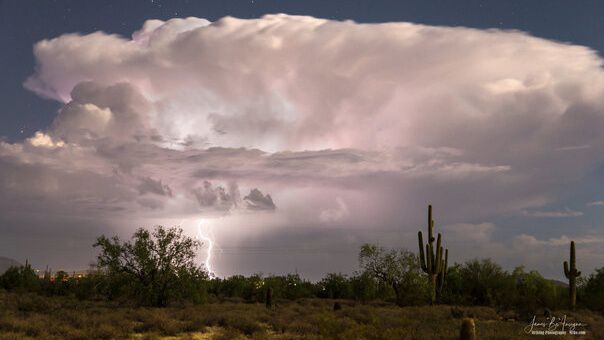CHARLOTTE, N.C. — Pollen is everywhere, and you’ve probably felt it or seen it on the ground. Another allergen, mold, also shows up as weather gets warmer.
What You Need To Know
- Pollen season is here
- Experts say mold can also cause allergies
- Mold becomes an issue as the seasons change
According to the National Allergy Map, the pollen level in North Carolina is medium to high.
The experts at the United Water Restoration Group of Charlotte say the heat and humidity that comes along with the changes in season create the perfect conditions for mold.
“It's hard to walk away inside your home if you get a whiff of, unfortunately, mold, which is growing in our spring, summer and fall very vigorously with moisture,” said Cindy High, CEO of United Water Restoration Group of Charlotte.
Just like pollen, the Mayo Clinic says a mold allergy can cause coughing, itchy eyes, and other symptoms that can make you miserable.
High says you may not always see the mold, but you can feel it.
Even a small dishwasher leak can cause mold to grow.
United Water Restoration Group of Charlotte President Rob Fischmann says if you’re leaving for vacation, don’t turn your HVAC system off.
He says humidity mixed with any temperature more than 60 degrees can do a lot of damage and quickly.
“Mold will grow like that, 48 to 72 hours, you’ll start to see growth,” said High.
He also suggests checking for leaks in your water supply lines and using stainless steel water supply lines, as they are much more reliable.








